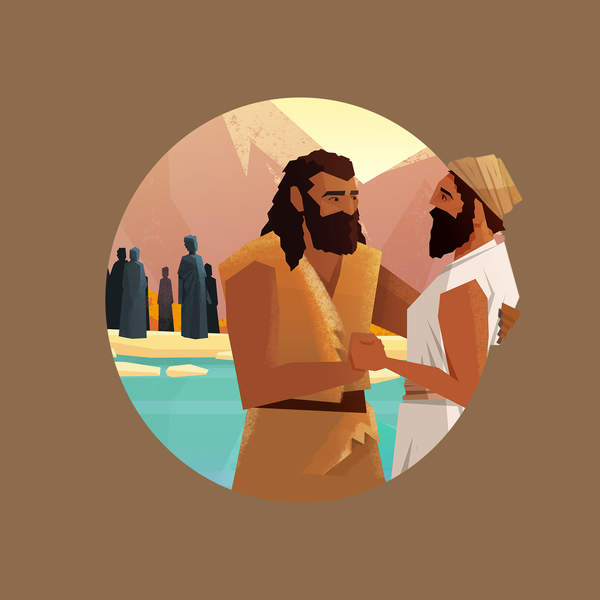
N.T. Wright Interview: Getting to Know the Apostle Paul
Episode Chapters
Show Notes
This is a very special episode of our podcast. Today Tim and Jon talk with N.T. Wright, a well-known biblical scholar. Wright has heavily influenced many areas of theology, especially through his work outlining the Apostle Paul. Dr. Wright outlines his childhood and his original introduction to the Bible (0:00-9:40). Dr. Wright discusses Paul’s mindset as a Jew, especially before his transformation on the road to Damascus (9:40-18:20). Dr. Wright explains what he thinks happened to Paul on the road to Damascus. He thinks Paul was meditating on the vision in Ezekiel 1 while on the road. He also explains what he thinks happens during the decade after Paul’s transformation. Dr. Wright also mentions that it’s unusual that Paul never returns to Tarsus in Acts (18:20-31:50). Dr. Wright then discusses Paul’s balance between being loyal to his Jewish roots but also believing that the Jews and their God were supposed to be a blessing to all the nations. Dr. Wright says that for Paul, the whole point of the Gospel was to give Abraham his single worldwide family and that through the Jews, God would redeem all humanity. Paul believes that ultimately all people are God’s people, not just the Jews (31:50-end).
Show Produced By:
Dan Gummel, Tim Mackie, Jon Collins, Matthew Halbert-Howen
Scripture References
Referenced Resources
- Our video on Paul in Acts. https://www.youtube.com/watch?v=oiVAbkINtRU
- "Paul: A Biography" by N.T. Wright.
- N.T. Wright’s online classes
- Thank you to all of our supporters!
Interested in learning more? Check out Tim's library for a list of recommended books and other resources.
Get the BibleProject app for access to our entire library of resources in one place.